1. USDA
USDA is an acronym for the United States Department of Agriculture – a federal administrative department of the United States responsible for developing and implementing U.S. government policy on agriculture, ranches, and food. Products.
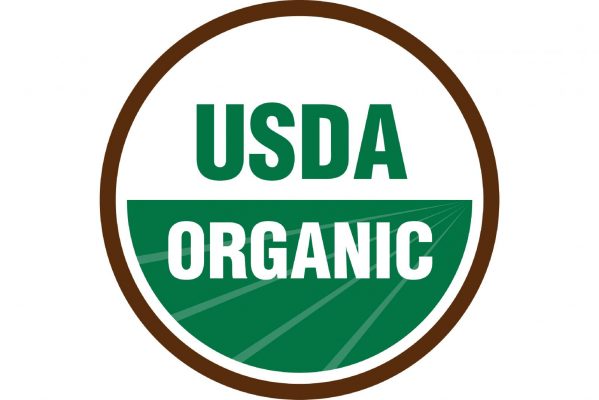
The department’s goals are to meet the needs of farmers and ranchers, encourage agricultural production and trade, act to ensure food safety, protect natural resources, and facilitate benefit rural communities and alleviate hunger in the United States and abroad.
2. BIO-SIEGEL
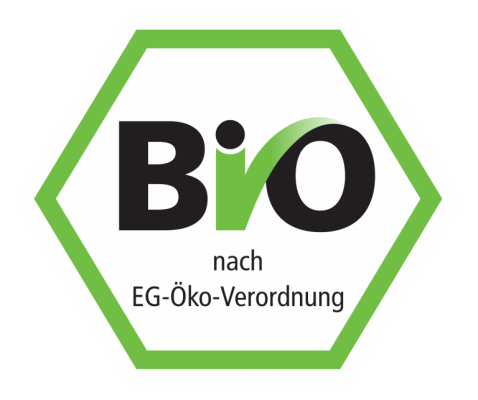
As an open certification, every product is organic to be allowed to print it on its product packaging.
3. ACO
Australian Certified Organic (ACO) is Australia’s largest certification body for organic and bioenergy products, highly respected and widely used throughout the Americas, Europe and Asia.
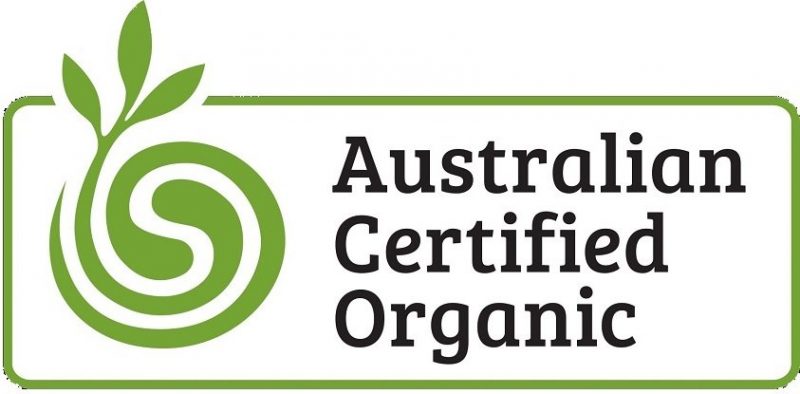
The International Federation of Organic Agriculture (IFOAM) and the Codex International Food Standards Committee (CAC) recognize ACO as the appropriate standard for organic food production within national international environmental requirements.
4. JAS
JAS certification is an abbreviation of Japanese Agricultural Standards (JAS) System, which means Japanese agricultural organic standards.
This certification is applied in organic agriculture in Japan and is the standard issued by the Ministry of Agriculture of Japan with regulations on criteria for products, labeling to create the most favorable conditions for consumer choice.
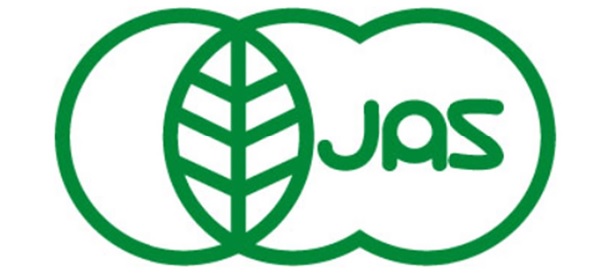
JAS standards are introduced with regulations that help facilitate consumer choice on criteria related to products and labels. This standard is used in organic agriculture in Japan.
5. ECOCERT
ECOCERT is an organic certification body, founded in France in 1991. ECOCERT has its headquarters in Europe and conducts inspections in more than 80 countries around the world. Today Ecocert is one of the largest organic organizations in the world.
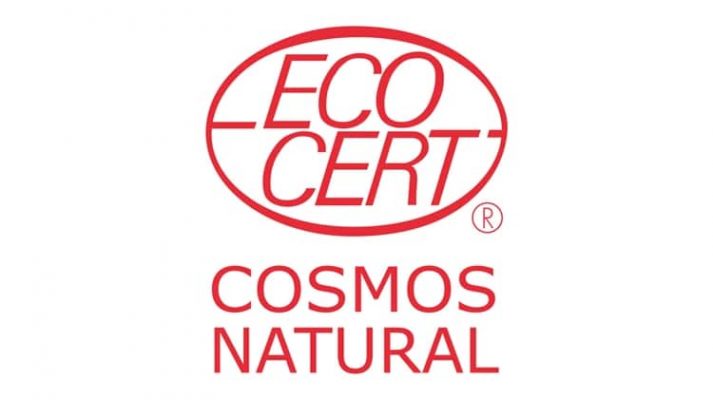
Ecocert started as a cooperation between European countries but gradually it expanded to many other countries. Ecocert’s headquarters are in L’Isle-Jourdain, Gers, France, Ecocert International was formerly based in Northeim, Germany, now moved to L’Isle-Jourdain.
6. PGS
PGS shares a common goal with external certifiers, which is to provide a reliable guarantee system for consumers looking for organic products. The difference is only in the method: the PGS system encourages or may even require direct participation of farmers and consumers in the certification process.
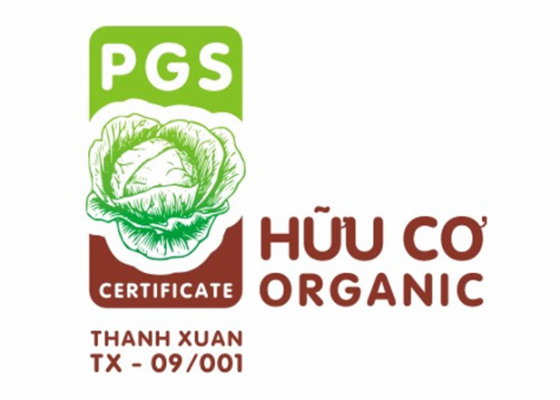
Direct participation helps PGS programs reduce paperwork and record keeping, which is important for smallholder farmers in organic production systems to participate. and keep certification costs low.


 Tiếng Việt
Tiếng Việt